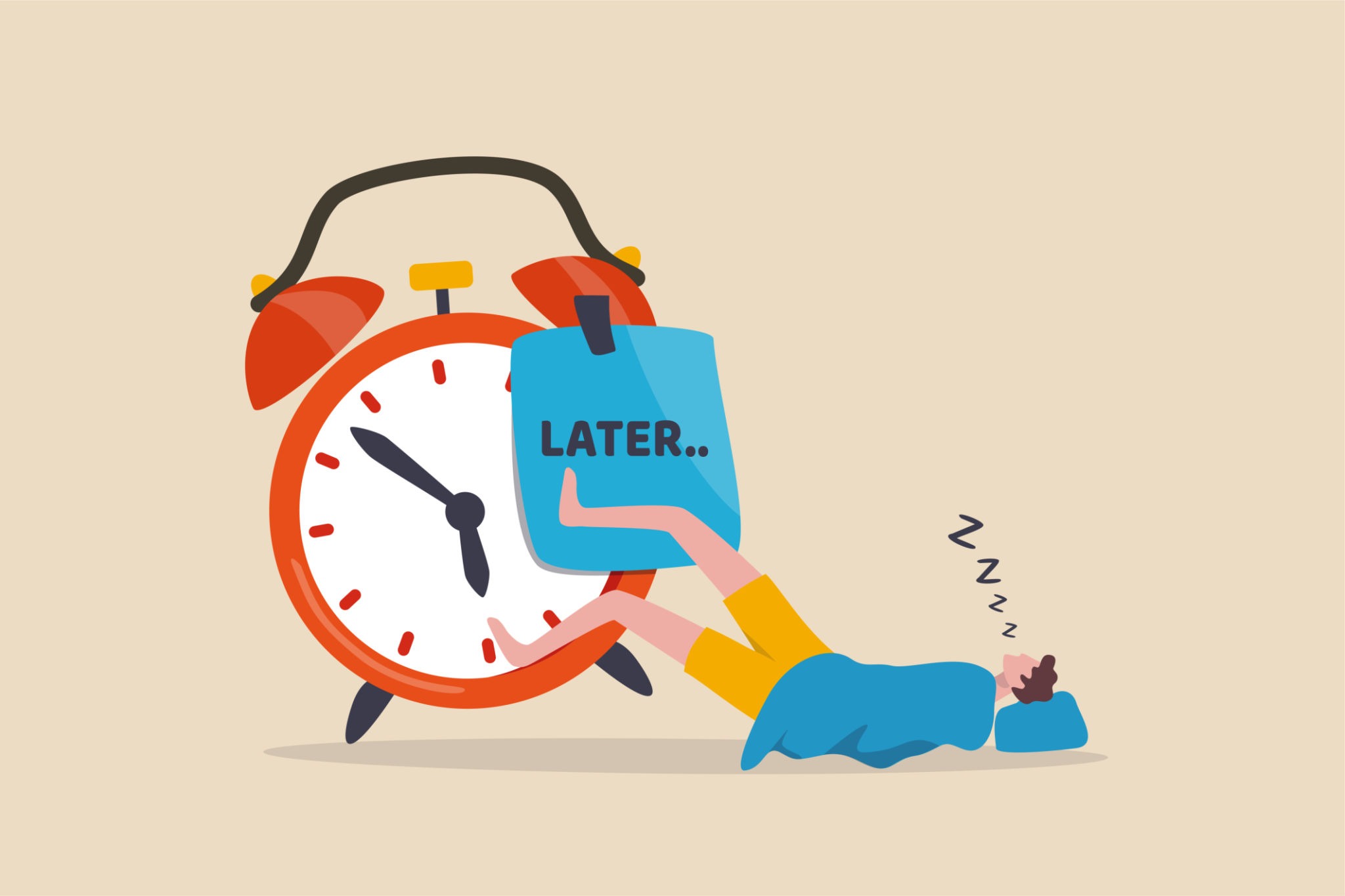
Putting It Off: The Art of Procrastination in the Digital Age
Procrastination — the art of delaying tasks until the last possible moment — has always been a challenge for many, but in today's digital age, it has taken on new dimensions and complexities. With a myriad of distractions at our fingertips, from social media to endless streams of online content, the temptation to put off work has never been stronger. This article delves into the phenomenon of procrastination in the context of the digital era, its underlying causes, its impact on productivity, and strategies to overcome it.
Understanding Procrastination

Procrastination is not merely a result of laziness or a lack of willpower; it is a nuanced behaviour deeply rooted in psychological factors such as fear of failure, perfectionism, and poor self-regulation. In the digital age, these factors are amplified by constant notifications, the allure of instant gratification through entertainment or social media, and the overwhelming amount of information available online.
Psychologists often describe procrastination as a coping mechanism — a way for individuals to manage their emotions or reduce anxiety in the face of challenging tasks. This is particularly relevant today, where social media platforms often present curated images of seemingly perfect lives, fostering unrealistic comparisons and feelings of inadequacy.
The Digital Dilemma

Digital technology has undoubtedly transformed how we work, communicate, and entertain ourselves. While these advancements bring efficiency and convenience, they also pose challenges to productivity.
Infinite Distractions : Smartphones, social media platforms, and streaming services provide a constant stream of entertainment and information, easily diverting attention from important tasks.
Information Overload : The internet offers unparalleled access to knowledge and resources, but navigating through this vast sea of information can be overwhelming and time-consuming.
Always Connected : The expectation of constant availability through email, messaging apps, and collaborative tools blurs the boundaries between work and personal time, making it difficult to disconnect and focus.
Impact on Productivity

Procrastination exacts a significant toll on personal and professional productivity. When tasks are postponed, deadlines become tighter, stress levels rise, and the quality of work often suffers. In the workplace, chronic procrastination can lead to missed opportunities, strained relationships with colleagues, and hindered career progression.
Moreover, procrastination in the digital age can foster a sense of dissatisfaction and guilt. Comparing one's progress with others' seemingly perfect lives on social media can exacerbate feelings of inadequacy, further hindering productivity and well-being.
Strategies to Combat Procrastination

Overcoming procrastination requires a comprehensive approach addressing both behavioural and psychological aspects. Here are some effective strategies:
Set Clear Goals and Priorities : Break tasks into smaller, manageable steps with specific deadlines. This approach makes goals more achievable and reduces the inclination to procrastinate.
Create a Distraction-Free Environment : Minimise digital distractions by turning off notifications, using website blockers, or allocating specific times for checking emails and social media.
Practice Self-Compassion : Acknowledge that occasional procrastination is normal and forgive yourself for setbacks. Cultivating a positive mindset reduces anxiety and diminishes the triggers for procrastination.
Use Time Management Techniques : Techniques like the Pomodoro Technique (working in focused intervals with breaks) can enhance concentration and productivity.
Seek Accountability : Share goals with others or find an accountability partner who can provide encouragement and help maintain focus.
Develop Self-Awareness : Recognize personal triggers for procrastination and implement strategies to effectively manage them.
Balance Work and Relaxation : Taking breaks and incorporating relaxation activities is essential for maintaining productivity and preventing burnout.
Overview

Procrastination in the digital age presents a complex challenge that requires mindfulness and proactive management. While technology offers tools to enhance productivity, it also introduces distractions that can derail our efforts. By cultivating self-awareness, setting clear goals, and implementing effective strategies, individuals can regain control over their time and productivity.
Ultimately, overcoming procrastination is about striking a balance in the digital landscape. It's not just about avoiding distractions but also embracing technology mindfully. By harnessing its benefits while minimising its drawbacks, we can cultivate a productive and fulfilling approach to work and life in the digital age.
In conclusion, the art of procrastination in the digital age demands a blend of discipline, self-awareness, and adaptability. Emphasising the importance of a balanced approach to technology and the continual need for self-reflection and adaptation in the face of evolving digital challenges is crucial for long-term productivity and well-being. By addressing these factors, individuals can navigate the complexities of the digital world with resilience and success.






